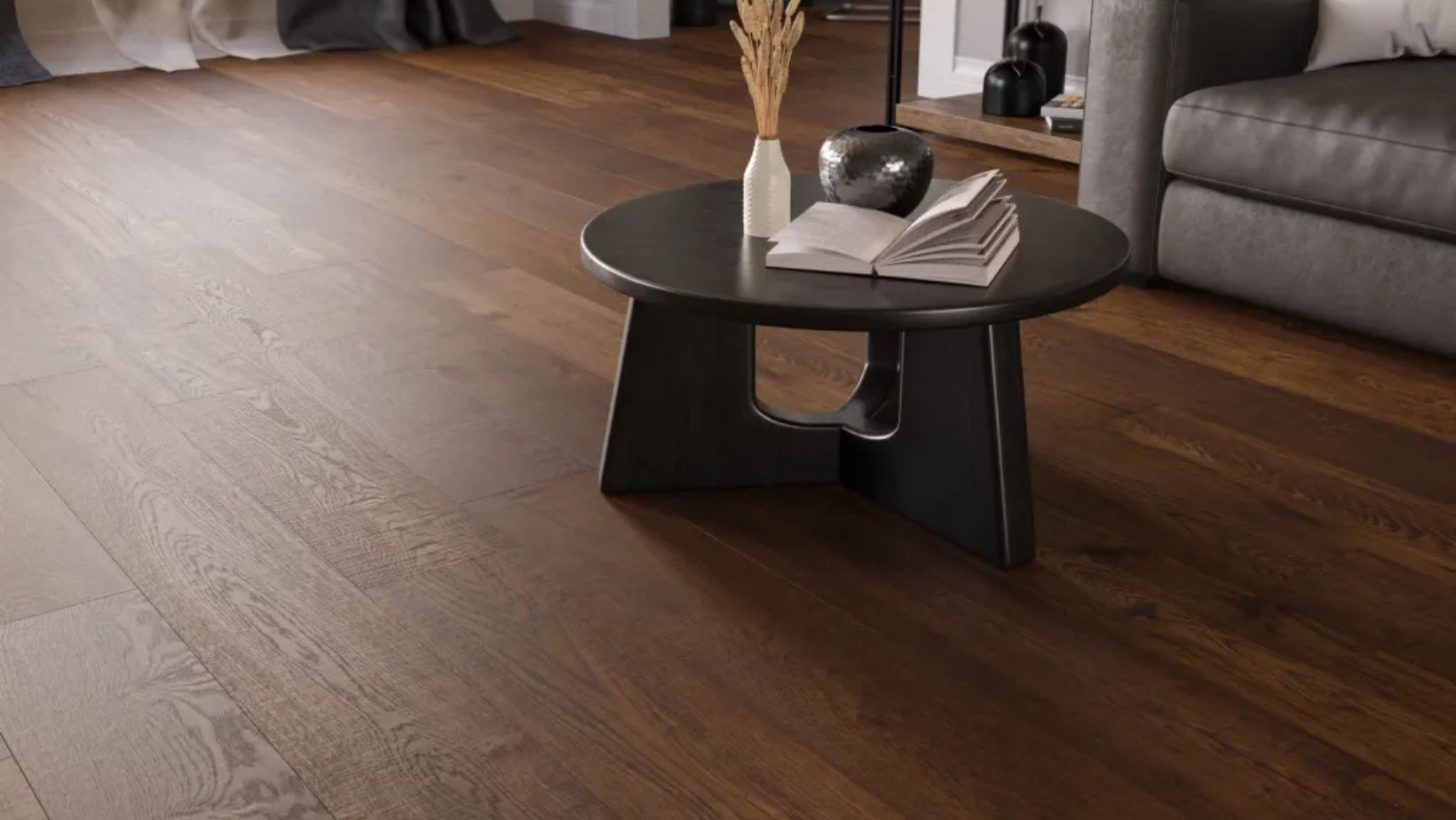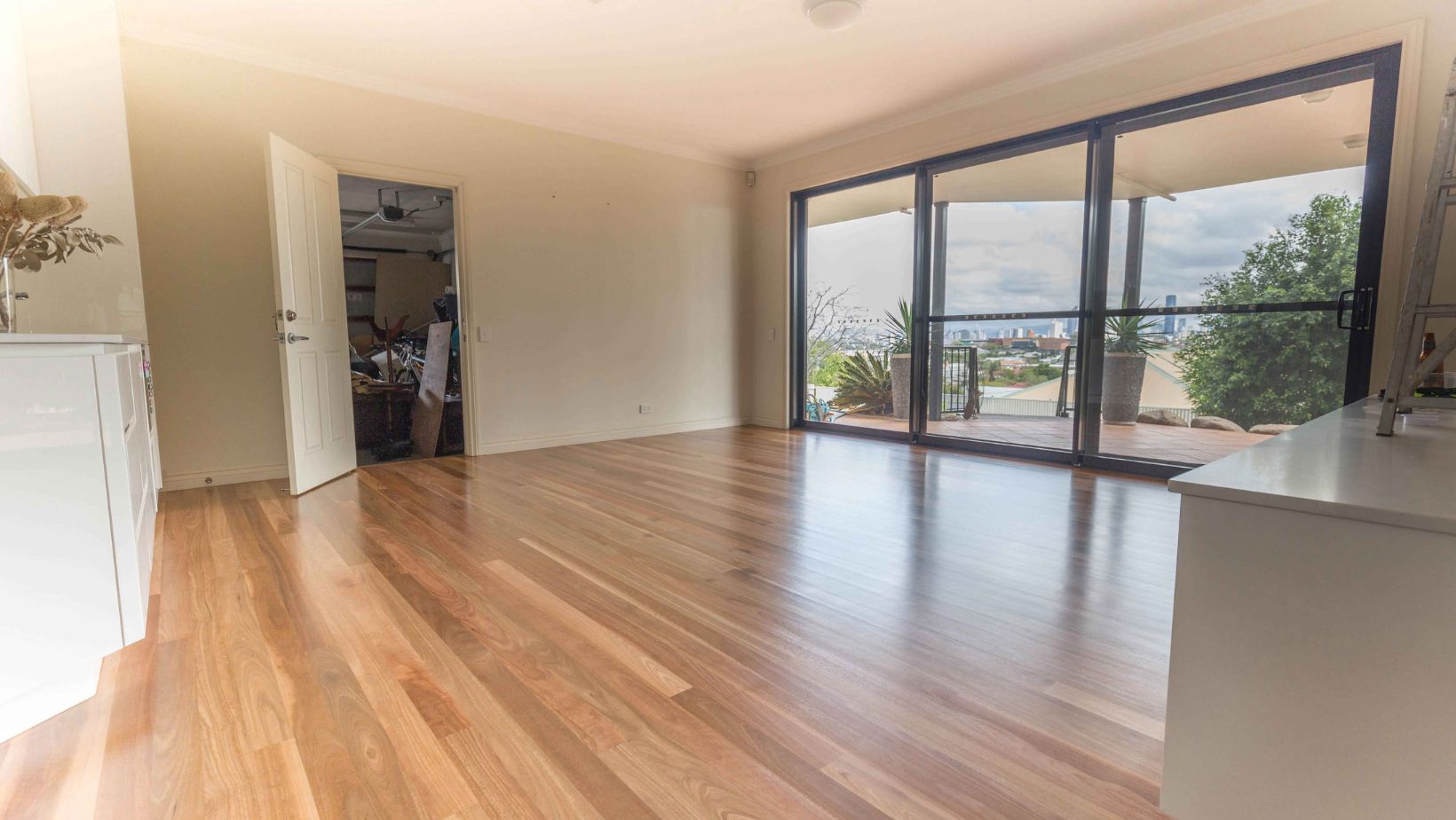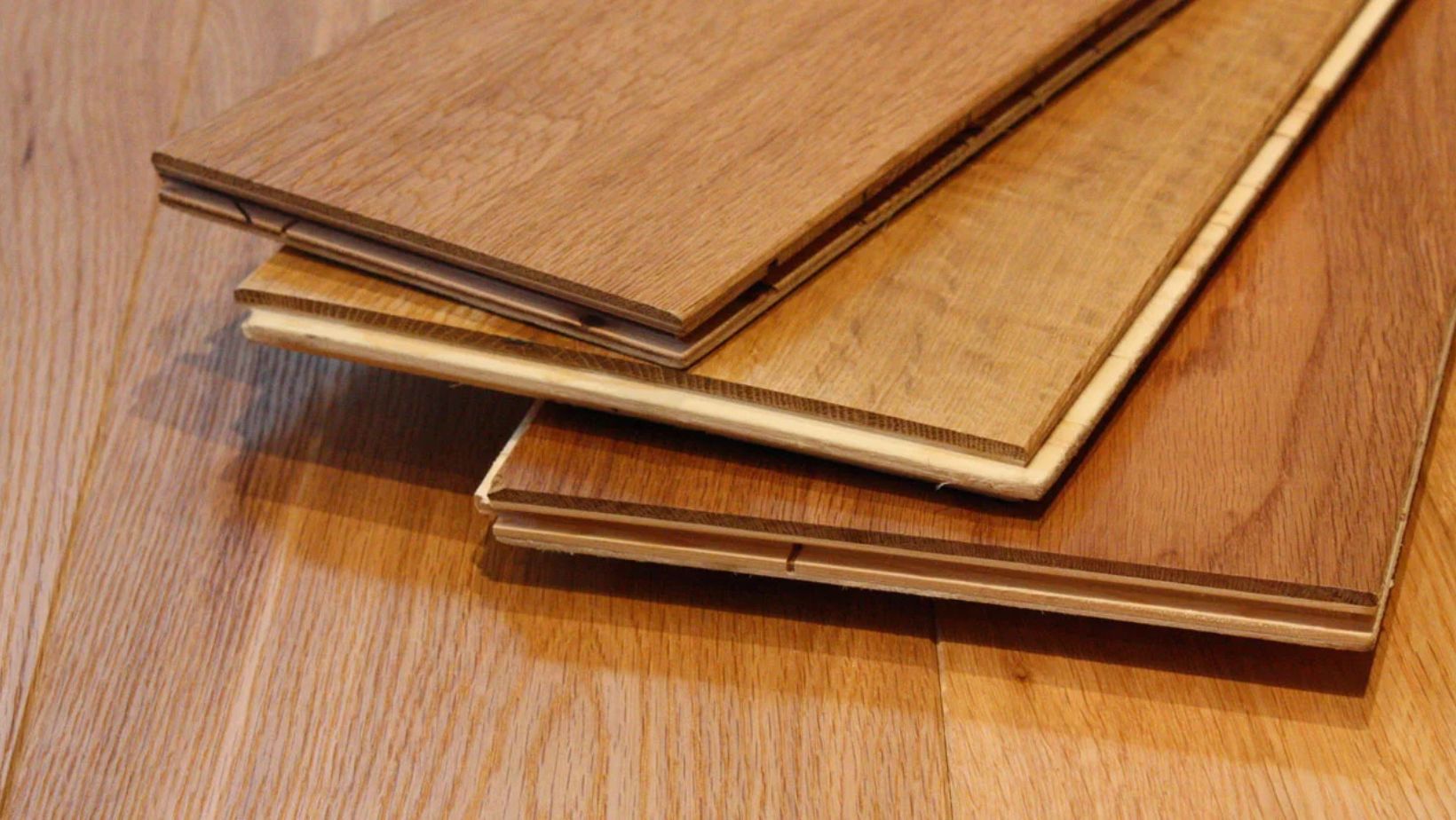When it comes to choosing the perfect flooring for your home, the options can feel overwhelming. Among the myriad choices, engineered hardwood flooring has gained considerable popularity. This innovative flooring solution combines the beauty of traditional hardwood with modern technology, offering a myriad of benefits that make it a smart investment for homeowners. In this article, we will explore the various advantages of engineered hardwood flooring, helping you understand why it may be the ideal choice for your next renovation or new build.
Table of Contents
ToggleWhat is Engineered Hardwood Flooring?
Engineered hardwood flooring is a composite product made from layers of real wood and high-quality materials. Unlike solid hardwood, which is made from a single piece of timber, engineered hardwood consists of multiple layers of wood veneer bonded together. This construction method allows for greater stability and versatility, making it suitable for a variety of environments.
One of the key features that sets engineered hardwood apart is its top layer, known as the wear layer. This layer is made from real hardwood, giving you the authentic look and feel of solid wood while providing increased resistance to wear and tear. Beneath this wear layer, additional layers of plywood or high-density fibreboard provide support and durability, ensuring that your flooring can withstand the challenges of everyday life. If you’re considering a new flooring option for your home, engineered hardwood flooring in Vancouver is an excellent choice due to its ability to handle varying climate conditions, from damp winters to dry summers, while maintaining its beauty and performance.
Engineered hardwood flooring comes in various species, colours, and finishes, giving you the flexibility to choose a style that complements your home decor. Whether you prefer a classic oak or a trendy hickory, you can find an option that meets your aesthetic preferences while enjoying the numerous benefits this flooring type offers.
The Composition of Engineered Hardwood: Layers of Excellence
Understanding the structure of engineered hardwood flooring is crucial to appreciating its benefits. As previously mentioned, engineered hardwood consists of multiple layers. Here’s a breakdown of what those layers typically include:
- Top Layer (Wear Layer): This is the visible layer, usually made of high-quality hardwood. It provides the flooring with its aesthetic appeal and is available in various finishes.
- Core Layers: Below the wear layer, engineered hardwood features several core layers made from plywood or high-density fibreboard. These layers are bonded together, providing excellent stability and support.
- Backing Layer: The final layer acts as a base that enhances moisture resistance and adds to the overall stability of the flooring. This layer helps reduce the risk of warping or bending due to changes in humidity.
The multi-layer construction of engineered hardwood flooring offers several advantages over traditional hardwood. It is less prone to expansion and contraction, ensuring that your floors maintain their shape and appearance over time. Additionally, the use of real wood in the top layer means you still get the rich, warm feel of hardwood underfoot, making it an appealing option for any homeowner.
Durability and Stability: Key Advantages of Engineered Hardwood
One of the most significant advantages of engineered hardwood flooring is its durability. Due to its layered construction, this flooring type is designed to withstand the rigours of daily life. Whether you have pets, children, or high foot traffic, engineered hardwood can handle it all without showing significant signs of wear.
The stability of engineered hardwood flooring is another critical benefit. Solid hardwood is sensitive to changes in humidity and temperature, which can lead to warping and buckling. In contrast, engineered hardwood is constructed to resist these fluctuations, making it a perfect choice for areas with variable climates. Its ability to maintain its shape ensures that your investment remains intact for years to come.
Moreover, engineered hardwood flooring is often treated with finishes that enhance its resistance to scratches and stains. While it is essential to take care of your flooring, you can rest assured knowing that it is built to endure everyday challenges. This durability not only keeps your floors looking great but can also save you money in repairs and replacements down the line.
Moisture Resistance: A Game-Changer for Basements and Bathrooms
One of the standout features of engineered hardwood flooring is its impressive moisture resistance. While solid hardwood is susceptible to water damage, engineered hardwood’s layered construction helps it better withstand humidity and moisture. This characteristic makes it an excellent choice for areas like basements and bathrooms, where moisture levels can fluctuate significantly. Controlling moisture in indoor environments is essential for maintaining both building materials and occupant health. Proper ventilation and moisture control can help prevent mould and mildew growth, which can damage flooring materials like wood.
In basements, where traditional hardwood is often unsuitable due to potential water exposure, engineered hardwood can bring warmth and beauty without the associated risks. When properly installed with the right underlayment, it can resist moisture, ensuring your flooring remains in pristine condition.
Similarly, in bathrooms, engineered hardwood offers an appealing alternative to tiles or laminate. You can enjoy the luxurious look of wood while minimizing the risk of damage from spills or humidity. As long as you maintain proper ventilation and promptly clean up any water spills, your engineered hardwood flooring can thrive in these environments.
Cost-Effectiveness: Long-Term Savings with Engineered Hardwood
When considering flooring options, cost is often a primary concern. Engineered hardwood flooring can be a cost-effective solution for several reasons. Firstly, its durability means you won’t have to spend as much on repairs or replacements compared to less resilient flooring types. In addition, the installation process for engineered hardwood is often more straightforward and affordable than solid hardwood. Because it can be installed using various methods, you may be able to save on labour costs, especially if you choose to tackle the project yourself.
Furthermore, engineered hardwood has a higher resale value compared to other flooring options. Potential buyers often appreciate the combination of aesthetics and practicality that engineered hardwood provides. When it comes time to sell your home, having engineered hardwood flooring can make a positive impression and contribute to a higher selling price.
Resale Value: How Engineered Hardwood Boosts Property Worth
Investing in engineered hardwood flooring can significantly enhance your property’s resale value. Homebuyers today are increasingly looking for high-quality flooring that combines beauty and durability. Engineered hardwood meets these requirements, making it an attractive feature for potential buyers. In many cases, homes with engineered hardwood flooring can command higher prices compared to those with carpet or laminate. The perception of quality associated with real wood flooring adds appeal, making your home stand out in a competitive market.
Additionally, the versatility and low maintenance of engineered hardwood flooring can be a selling point. Prospective buyers will appreciate the ease of care and the ability to install it in various rooms, including areas that may have been off-limits to traditional hardwood. By investing in engineered hardwood, you’re not just upgrading your home; you’re making a strategic decision that can pay off when it’s time to sell.
Making the Smart Choice: Is Engineered Hardwood Right for You?
Deciding whether engineered hardwood flooring is the right choice for your home depends on various factors, including your lifestyle, budget, and aesthetic preferences. If you value durability, moisture resistance, and easy installation, engineered hardwood may be one of the best options available. Consider your home’s specific needs. If you live in an area with high humidity or are planning to install flooring in a basement or bathroom, engineered hardwood is particularly advantageous. Additionally, if you have children or pets, the durability of this flooring can provide peace of mind.
Ultimately, the choice will depend on your personal style and how you envision your home. Take the time to explore different options, visit showrooms, and consult with flooring professionals to ensure you make an informed decision that aligns with your vision for your space.
Summary
Engineered hardwood flooring offers an array of benefits that make it a smart investment for homeowners. Its durability, moisture resistance, aesthetic appeal, and long-term cost-effectiveness set it apart from other flooring options. Whether you’re renovating or building a new home, considering engineered hardwood could lead to significant advantages for your living space.







